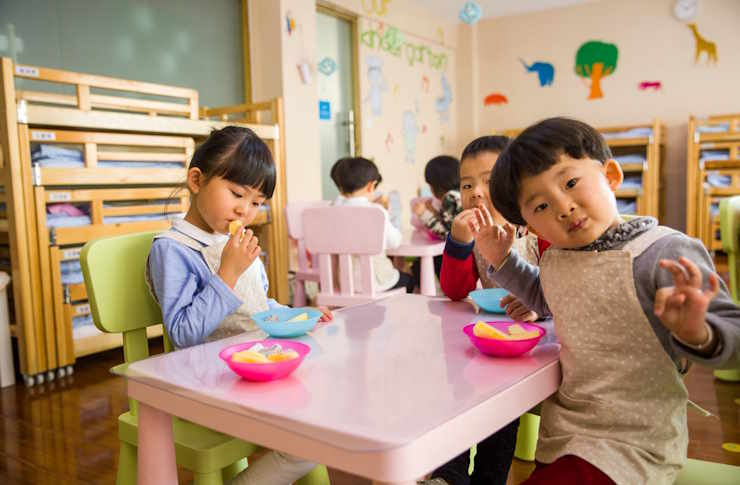Daycare Jobs: Roles, Skills, and Working Practices
Working in daycare covers a range of roles that support children's daily care, learning, and wellbeing. Whether in a nursery, preschool, or after-school setting, daycare jobs require practical skills, knowledge of early childhood education, and attention to safety and nutrition. This article outlines typical responsibilities, teaching approaches, and considerations for those seeking work in childcare environments in your area or internationally.

Nursery and preschool roles
Nurseries and preschools employ staff with varied titles and responsibilities, from assistant caregivers to lead educators. Roles can include supervising infants and toddlers, planning age-appropriate activities, maintaining records, and communicating with families. Settings differ: some focus on play-based early childhood education while others emphasize preparation for school. Understanding the distinctions between nursery and preschool environments helps applicants match their experience and qualifications to the right position.
Teacher responsibilities and teaching methods
Daycare teachers blend caregiving with pedagogical practice, often using play-based and experiential teaching methods familiar to early childhood education. Typical tasks include designing daily schedules, observing individual development, documenting progress, and collaborating with colleagues on curriculum. Teachers need classroom management skills and familiarity with developmental milestones so that teaching aligns with children’s cognitive, language, and motor development without relying solely on formal school-style instruction.
Childcare, safety and supervision
Safety and supervision are central to all daycare jobs. Staff must maintain constant supervision, perform risk assessments, and ensure safe indoor and outdoor environments. Practical competencies often include emergency response basics, safe sleep practices for infants, medication administration protocols, and maintaining child-to-staff ratios appropriate for age groups. Clear communication with families and accurate record-keeping support consistent care and reduce safety risks in childcare settings.
Supporting learning, play and development
Daycare professionals create environments that encourage play, exploration, and the development of social skills. Play is a primary medium for learning in early childhood: through guided activities, storytelling, sensory experiences, and group interactions, children build language, emotional regulation, and cooperative behaviors. Staff plan activities that scaffold learning, observe individual needs, and adjust approaches to support diverse developmental trajectories while fostering curiosity and independence.
Nutrition and health in daycare
Nutrition and basic health care are routine parts of many daycare jobs. Responsibilities may include planning or following menus, supervising mealtimes, supporting feeding routines for infants, and documenting allergies or dietary needs. Daycare staff also monitor general health indicators—such as signs of illness or developmental concerns—and follow exclusion policies and hygiene protocols to minimize infections. Coordination with parents and, when needed, health professionals helps ensure consistent nutritional and health practices.
Working in nurseries and daycare in Japan and local services
Daycare employment varies by country and region, with specific regulations, certifications, and cultural expectations. In Japan, for example, nursery and preschool staff commonly engage in structured daily routines and may follow municipal licensing standards and training requirements. When exploring roles in your area, check local services, licensing bodies, and available professional development. Local services and community centers can offer information on qualifications, background checks, and typical workplace norms without implying specific job vacancies.
Conclusion
Daycare jobs encompass a broad set of responsibilities that combine caregiving, teaching, safety oversight, and family communication. Professionals in nurseries, preschools, and other childcare settings support children’s development through structured routines, play-based learning, and attention to nutrition and health. Prospective workers benefit from understanding local regulations and typical role expectations to align their skills with the needs of children and families in their community.




